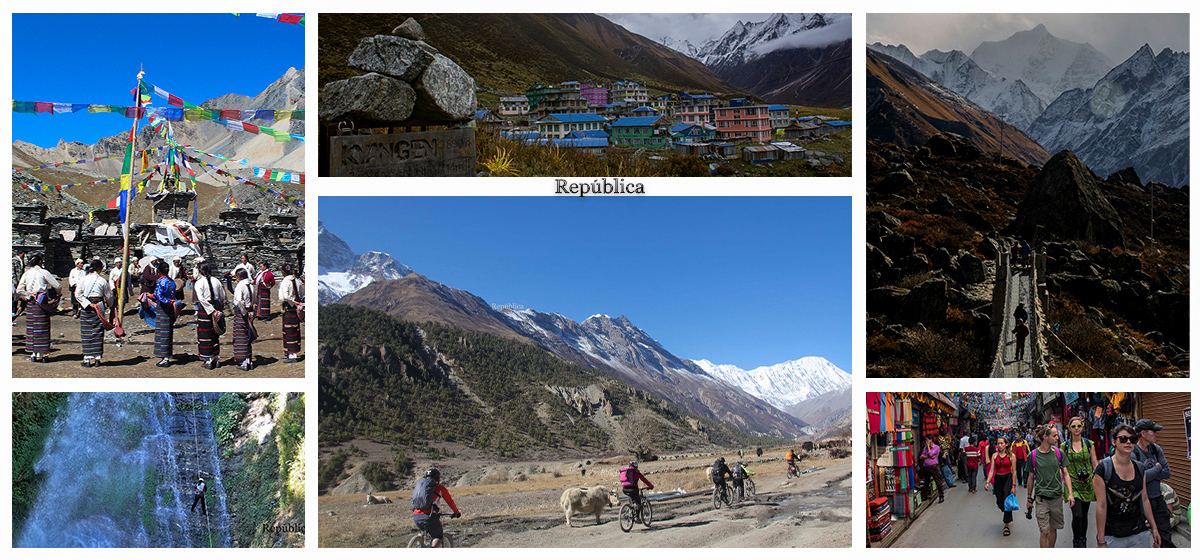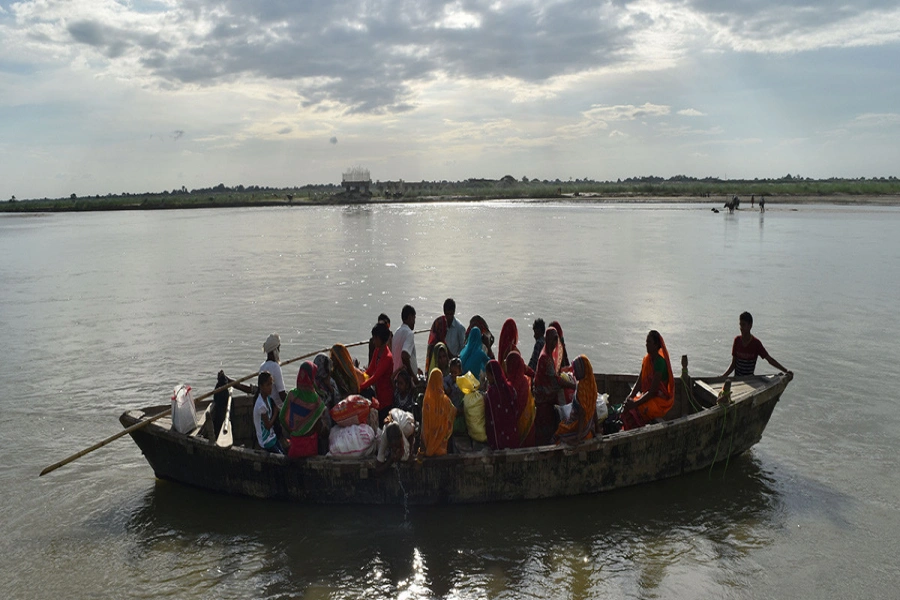KATHMANDU, Nov 13: Migrant workers from Nepal are forced to purchase air tickets at exorbitant prices. The Nepal Association of Foreign Employment Agencies (NAFEA) has expressed its objection to the daily increase in airfare by airlines. The NAFEA has complained that although more than 1,500 workers are traveling daily from Nepal to Malaysia and countries in the Middle East for foreign employment, leading to an increase in the airlines' business, the airfares continue to rise.
According to NAFEA President Rajendra Bhandari, the abnormal increase in ticket prices is due to artificial shortages created through collusion among a limited number of airlines, leading to black market activities. He also pointed out that the Tribhuvan International Airport is being closed for 10 hours daily under the pretext of upgrading during peak tourist seasons, which has further contributed to the issue.
Generally, tickets that would normally cost between Rs 30,000 to Rs 35,000 are now being sold by airlines for Rs 70,000 to Rs 80,000, forcing workers to buy tickets at double the price, leading to black market activities. He stated that without measures to stop the black market and provide tickets at affordable and reasonable prices, workers are unable to go for foreign employment, and they are also losing opportunities for overseas employment. This is negatively impacting the accumulation of foreign currency and the national economy, as highlighted by the NAFEA.
The NAFEA has stated that the people in countries like India, Bangladesh, Sri Lanka, Pakistan, and Indonesia, which also send workers to countries like Malaysia and Gulf nations, do not have to pay as high airfares as the people in Nepal.
Malaysian govt decides to impose ban on migrant workers from Ju...

The NAFEA held a press conference on Tuesday, accusing the airlines of charging workers going abroad for employment exorbitant airfare. Due to the high cost of flying from Nepal, the association has, as per Section 22 of the Foreign Employment Act 2064 BS, requested the Nepal government to arrange for workers who have obtained labor approval and visas to travel via an ‘NOC letter’, and use airports in neighboring India to send workers.
Letter of certification
The NAFEA has stated that although there is demand for workers from different European countries, due to the absence of a Nepali embassy in those countries, it has not been possible to certify the demand letters, leading to the failure to send workers institutionally. According to Section 15(c) of the Foreign Employment Act, 2064 BS, demand letters brought by foreign employers are certified by the Nepali embassy in the respective country before sending workers. At a press conference, the association mentioned that even countries like Germany and Austria, which have Nepali embassies, have stopped certifying demand letters for the past 18 months.
NAFEA President Rajendra Bhattarai said, "Due to the inability to send workers institutionally, middlemen and consultancies have been creating visit visas and sending workers to the UAE and other countries. They are also enticing workers with promises and charging unreasonable amounts to send them to Europe and other countries."
He stated that when workers travel illegally from third countries, they are vulnerable to insecurity and exploitation. "Even if the demand letters arrive, the delay in sending workers quickly and efficiently has resulted in losing 50,000 demand letters from European countries, as well as the remittances coming into the country. The aim is to make foreign employment dignified and organized, gradually transitioning workers from Gulf countries to European nations, sending skilled workers, and ensuring they have safe working conditions and attractive salary benefits from a human rights perspective," said Bhattarai.
According to the NAFEA, the Malaysian government has recently opened up certain sectors for new workers. While countries such as India, Bangladesh, and Indonesia have started the process of certifying demand letters for employment, the Nepali Embassy in Malaysia has not opened the certification process for demand letters, citing various reasons. Despite assurances during several discussions that the certification process would be opened, the embassy has been hesitant to do so. As a result, the risk of Nepali workers losing employment opportunities has increased. The association has strongly urged the Nepali embassy in Malaysia to open the certification process for demand letters.
Remittances play a crucial role in keeping Nepal's economy dynamic. They contribute nearly 30 percent to the country's gross domestic product. Around 60 percent of households in Nepal benefit from remittances. In the fiscal year 2023/24, remittances exceeding Rs 1.2 trillion came through institutional channels. The global market downturn and unemployment following the Covid-19 pandemic have further strained Nepal. The NAFEA has stated that 64.5 percent of the population in Nepal is considered eligible for labor.






































